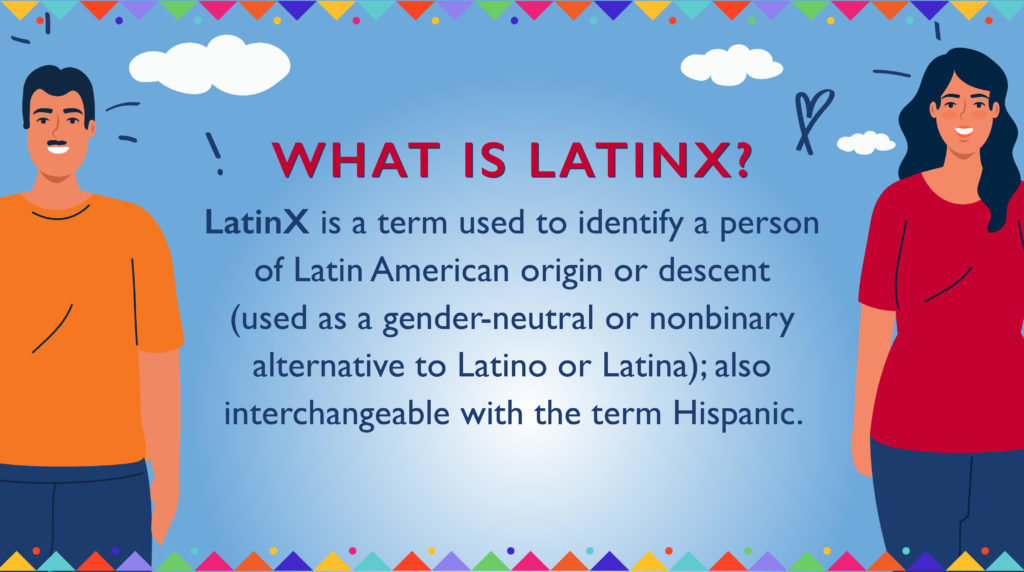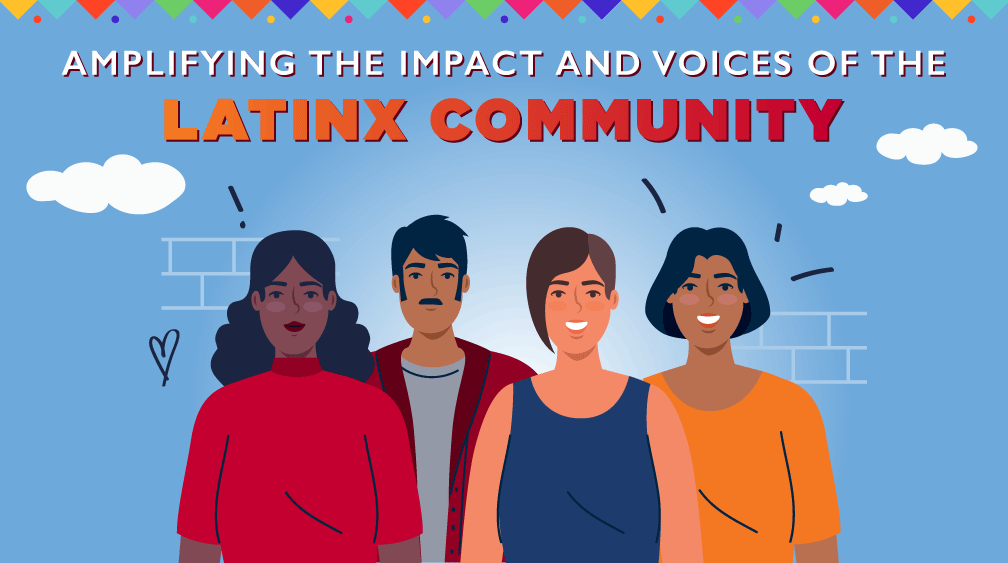Celebrating LatinX Culture
Recent events in our nation have sparked conversations of race, ethnicity, and culture. As a result, these events have illuminated needs in the workplace, including diversity and inclusion stances as well as a pronounced recognition of the different experiences of underrepresented groups. In turn, many organizations have felt a call to action to better understand their employees and better define their cultural norms to reflect their values.
One way organizations are getting started is by celebrating the lived experiences of diverse groups and historical events that are meaningful to them. Hispanic Heritage Month, for instance, was first introduced by President Lyndon B. Johnson in 1968 as National Hispanic Heritage Week. Since then, Congress expanded it from a week to a month, making September 15 to October 15 Hispanic Heritage Month. The essence of the month is to celebrate the LatinX community’s contributions to American culture and society. (SHRM.org)
LatinX by the Numbers

LatinX is the fastest-growing minority group in the United States, accounting for half of the US population growth since the year 2000. Additionally, Hispanics will account for one out of every two new workers entering the workforce by 2025, and 66,0000 are turning 18 every month. Although they are the largest and fastest-growing minority in the United States, Hispanics are still one of the most underrepresented groups in the overall US labor market, making up about 17.5% of the workforce. (BOLS)
Given this understanding of the LatinX representation across industries, it’s vital to recognize and celebrate members who have demonstrated exceptional leadership, determination, and their contributions.

